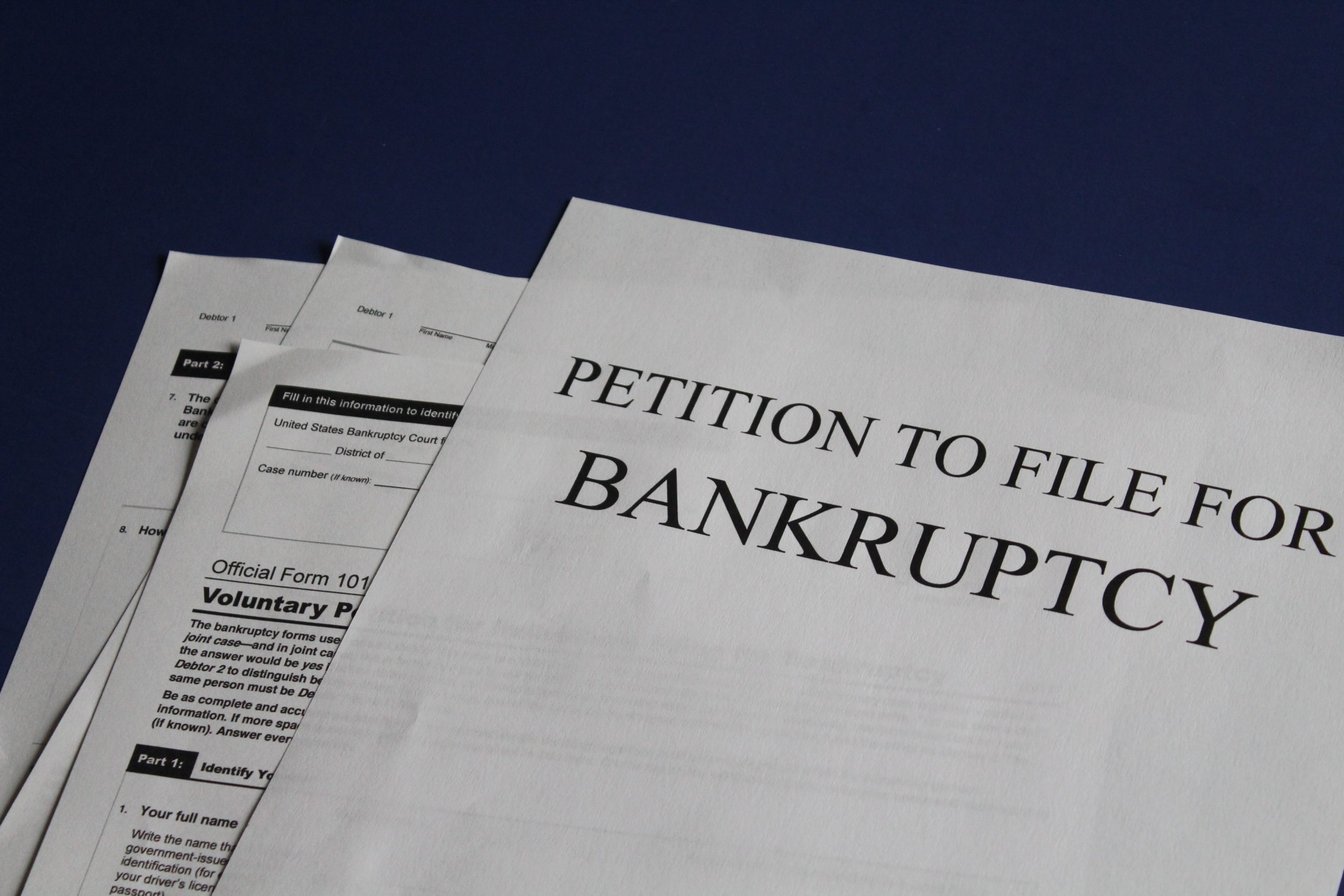What is the Look Back Period on a New Jersey Bankruptcy?
A common misconception about bankruptcy is the idea that transferring the title of an asset to another person will protect it from repossession or from being sold to pay for outstanding debts. Under the U.S. Bankruptcy Code, there is a provision known as the “look-back period” that will effectively reverse certain pre-bankruptcy petition transfers occurring up to four years prior to the sale or transfer.
Here, the law firm of Young, Marr, Mallis & Associates explains the inner-workings of the look back period when you file for bankruptcy in New Jersey. As experienced New Jersey bankruptcy attorneys, we give serious consideration to these transfers and guide our clients accordingly. If there are transactions preceding the bankruptcy filing, we work with our clients in preparing bankruptcy documents and disclosures to save our clients the time and aggravation of finding themselves facing liabilities under look back period provisions. Call us at (609) 755-3115 to schedule a free and confidential consultation.
The “Clawback” Provision or Look Back Period for New Jersey Bankruptcy Claims
The U.S. Bankruptcy Code contains certain provisions intended to prevent debtors from hiding or transferring assets in order to shield them from the liquidation process. The bankruptcy estate is generally handled by a “trustee” who is a government-appointed attorney in charge of administering the bankruptcy “estate” and making decisions regarding your assets’ sale and liquidations to pay creditors.
There are certain transactions preceding a bankruptcy petition that are considered deceitful or fraudulent, especially if not disclosed. A debtor who transfers his or her property should have a reason other than the plan or expectation of filing for bankruptcy. 11 U.S.C. § 544(b) gives bankruptcy trustees the ability to rely on New Jersey law to undo what are considered “fraudulent conveyances” that go as far back as four years, as long as the legal claim is valid under New Jersey law. Generally, trustees can reverse transactions that occurred two years before filing bankruptcy. However, this period is longer in New Jersey, where state law effectively extends this period for transactions occurring four years before filing for bankruptcy.
New Jersey bankruptcy trustees cannot rely on New Jersey’s four-year statute of limitation to overextend the time to reverse a fraudulent conveyance if the fraud claim is no longer viable or occurred over four years ago. If the deadline to file a fraud claim under New Jersey law has expired by the time the bankruptcy petition is filed, the fraudulent transfer complaint must be filed within two years of the bankruptcy filing.
What Happens If I Made Transfers Prior to Filing For Bankruptcy?
According to Section 548 of the Bankruptcy Code, bankruptcy trustees can avoid or reverse transfers of debtor’s assets, property or interest made or incurred if they were done in order to “hinder, delay, or defraud” creditors. This can occur if:
- The payment is less than the market value at a time when you were “insolvent” or the transfer created the insolvency.
- Such a transfer is made to or for the benefit of an “insider” or incurred such obligation to or for the benefit of a family member or an insider and not considered part of the debtor’s ordinary course of business.
Some people will transfer their homes or vacation houses to someone they trust with their property. Other people will sell a property to one creditor and file for bankruptcy, leaving other creditors unpaid. Under New Jersey law, a transfer is defined as “every mode, direct or indirect, absolute or conditional, voluntary or involuntary, of disposing of or parting with an asset or an interest in an asset.”
Transactions involving family gifts and donations can be subject to close scrutiny. In New Jersey, an asset transfer is fraudulent if made without receiving a “reasonably equivalent value in exchange for the transfer or obligation.” This means that payment was not based on fair market value.
While fraudulent conveyance claims are brought in a civil court, there are instances when debtors may also face criminal charges. A conviction for bankruptcy fraud can lead to steep fines of over $250,000 and up to 20 years in prison. While fraud charges are typically hard to prove, whenever a transaction raises red flags suggesting that it was intended to hide an asset from creditors, the individual may have to defend their actions against serious charges.
Disclosures in the Statement of Financial Affairs
At the outset of a bankruptcy filing, debtors are required to provide complete disclosure of assets, liabilities, creditors and financial affairs. Failure to disclose such a transfer will be considered bankruptcy fraud, which can subject a debtor to various penalties, including jail time. Transferring property without receiving fair compensation will be problematic for the individual or entity receiving the transfer, since the trustee will likely seek to recover the asset from the recipient.
Let Our New Jersey Bankruptcy Attorneys Help You Protect Your Property
You don’t have to transfer your property to protect it. You should talk to an experienced Philadelphia bankruptcy attorney regarding your property transfers. If you are contemplating filing for Chapter 7 or Chapter 13 bankruptcy, call the offices of Young, Marr, and Associates, where you can receive high-quality support and guidance for your bankruptcy filing. Contact us at (609) 755-3115. You can protect your property in bankruptcy and don’t have to resort to potentially questionable transactions.






























